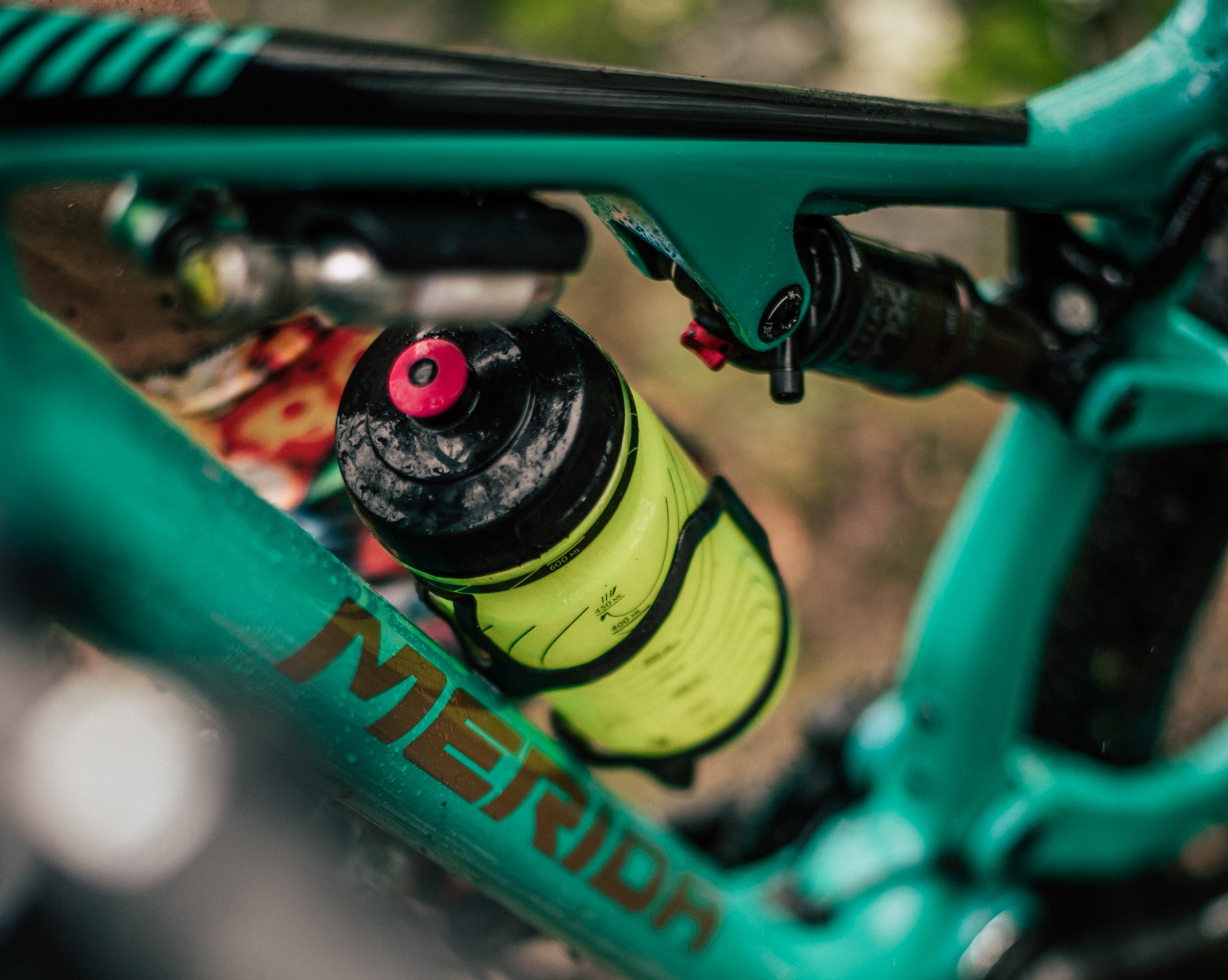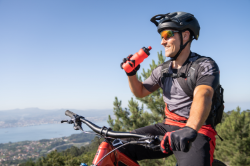When out for a longer bike ride it is easy to let fuel and nutrition fall by the wayside, however keeping your energy stores up is key for a successful long ride. It is a good idea to manage your nutrition before, during and after your ride to ensure you can get back out on the bike day after day. We have pulled together some bike nutrition tips to help you power through your next ride!
Tip 1: Eat before you leave
It is always a good idea to fuel up before you leave to ensure you start your ride off on the right foot. It has been recommended to eat a slow release meal option such as porridge approximately 60-90 minutes before heading out. This meal should be low fat and not too heavy. This way, you can be sure you are heading out with full glycogen stores. It is easy to replenish these as you go, however it can be hard to build back up once you hit empty.
Tip 2: Bring a variety of nutrition options with you, and eat regularly
From bars, to gels, to real food, there are plenty of options when it comes to what you can consume on the bike. It is always a good idea to bring a variety to keep yourself entertained and happy. It has been recommended by leading nutritionists to consume approximately 30 - 60 grams of carbohydrates per hour of exercise if your training is exceeding one hour. One energy gel has approximately 30 grams of carbs so it is a good idea to have a few of these on hand. A banana is another great option to bring along as well as energy bars and they fit well into the back pocket of your jersey. If these snack options aren't cutting it, then pre-made vegemite sandwiches can always do the trick!

Image: Merida
Tip 3: Stay Hydrated
Keeping your fluid intake up during your ride is just as, if not more, important than staying on top of your nutrition. When riding (or exercising in general) it is common to lose a lot of sweat, especially during those hotter summer months, meaning you are depleting your body fluid levels. It is important to replace those fluids so you can aid in reducing heat stress, maintaining normal body functions, as well as maintaining performance levels. Incorporating electrolytes into your water is a great way to boost your sodium, potassium, magnesium and calcium levels which will ultimately help with your performance.
Tip 4: Recovery is important
Although often a forgotten part of a training session, recovery is extremely important to incorporate into your post ride routine. It is recommended to have a combination of protein and carbohydrates within 30 minutes of finishing your ride as it is best to replenish your body as soon as possible. The better your recovery, the better your performance will be on your next ride or training session.
Being prepared with gels and snacks in advance makes it easier to stay on top of your pre, during, and post ride nutrition. Although we have outlined the basics when it comes to bike nutrition, it is always a great idea to do your own research or talk to your nutritionist to find out what suits you best when it comes to nutrition and fuelling yourself for a long ride.






